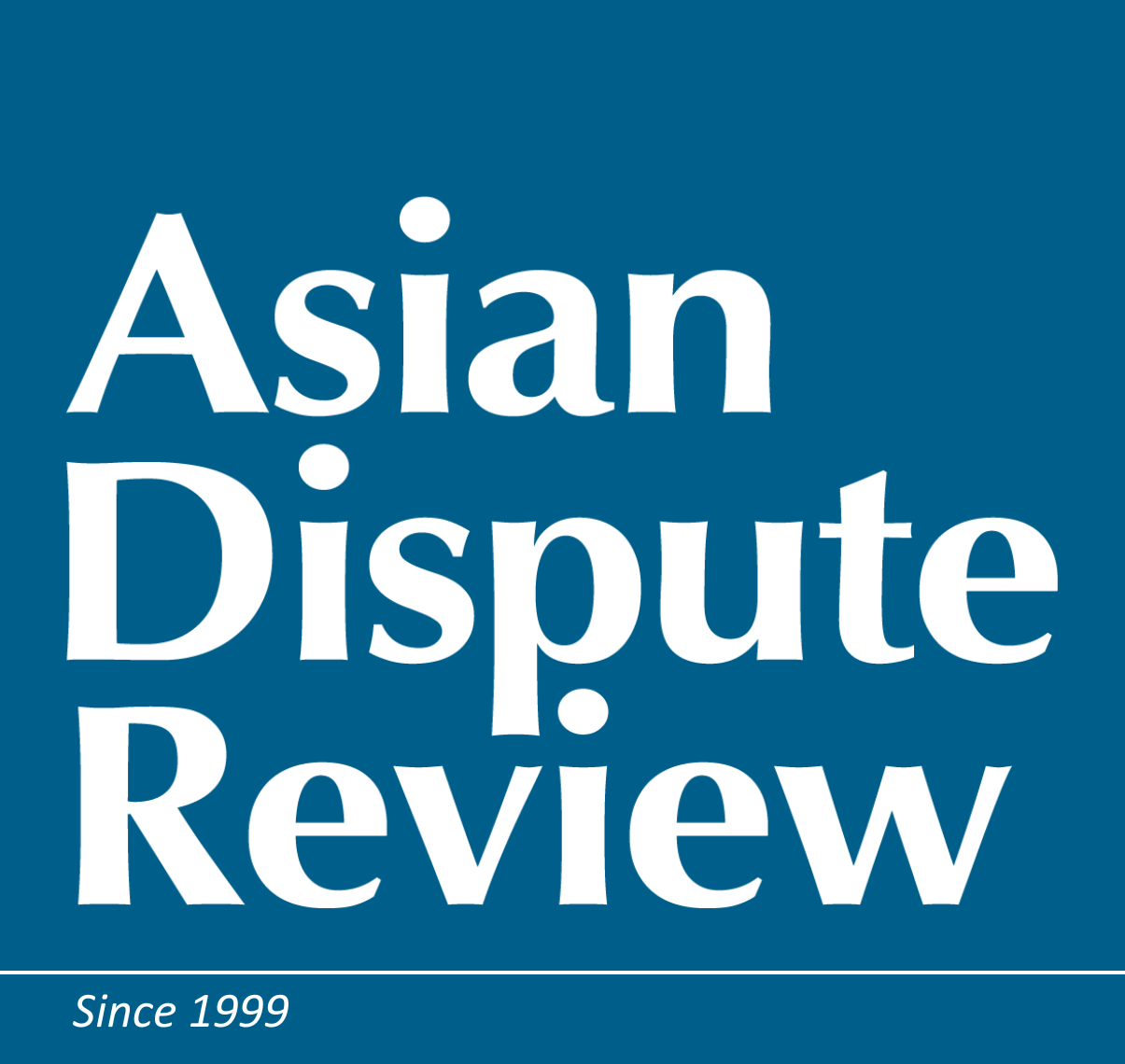Journal Detail
Editorial
This issue of Asian Dispute Review commences with an article by Neil Kaplan which considers the English and American rules of costs apportionment in the context of case management and proposes modifications or alternative approaches. The article is an edited version of the Twenty-Fourth Goff Arbitration Lecture (2019).
Chiann Bao then discusses certain features of disputes in China’s Belt and Road Initiative projects that may reflect wider trends in the future and the factors that could trigger them. Uday Kumar’s article seeks to dispel myths about whether Hong Kong is a safe seat in which to arbitrate India-related international disputes.
The ‘Alternative Dispute Resolution’ article by Christopher To considers the recently signed Singapore Mediation Convention and discusses the role the Convention will play in facilitating the enforcement of mediated settlement agreements and how that may affect whether parties choose to refer disputes to international arbitration.
The ‘In-House Counsel Focus’ article by Jonathan Wong and Xin Liu provides guidance to Chinese State-Owned Enterprises and their counterparties on managing their contractual relationships and potential disputes, including pointers on contract drafting and performance, dispute resolution and the enforcement of arbitral awards.
The ‘Jurisdiction Focus’ article by Nigel Li and Jeffrey Li provides an overview of recent developments in arbitration in Taiwan, particularly with regard to court ordered interim measures, the validity of ad hoc arbitration and a selection of key decisions of the Taiwanese courts on both of these topics.
This issue concludes with a book review by Romesh Weeramantry of China’s International Investment Strategy, edited by Julien Chaisse.


.png)

